13-15.05.2022 VeUMEU Venice Universities' Model European Union 2022
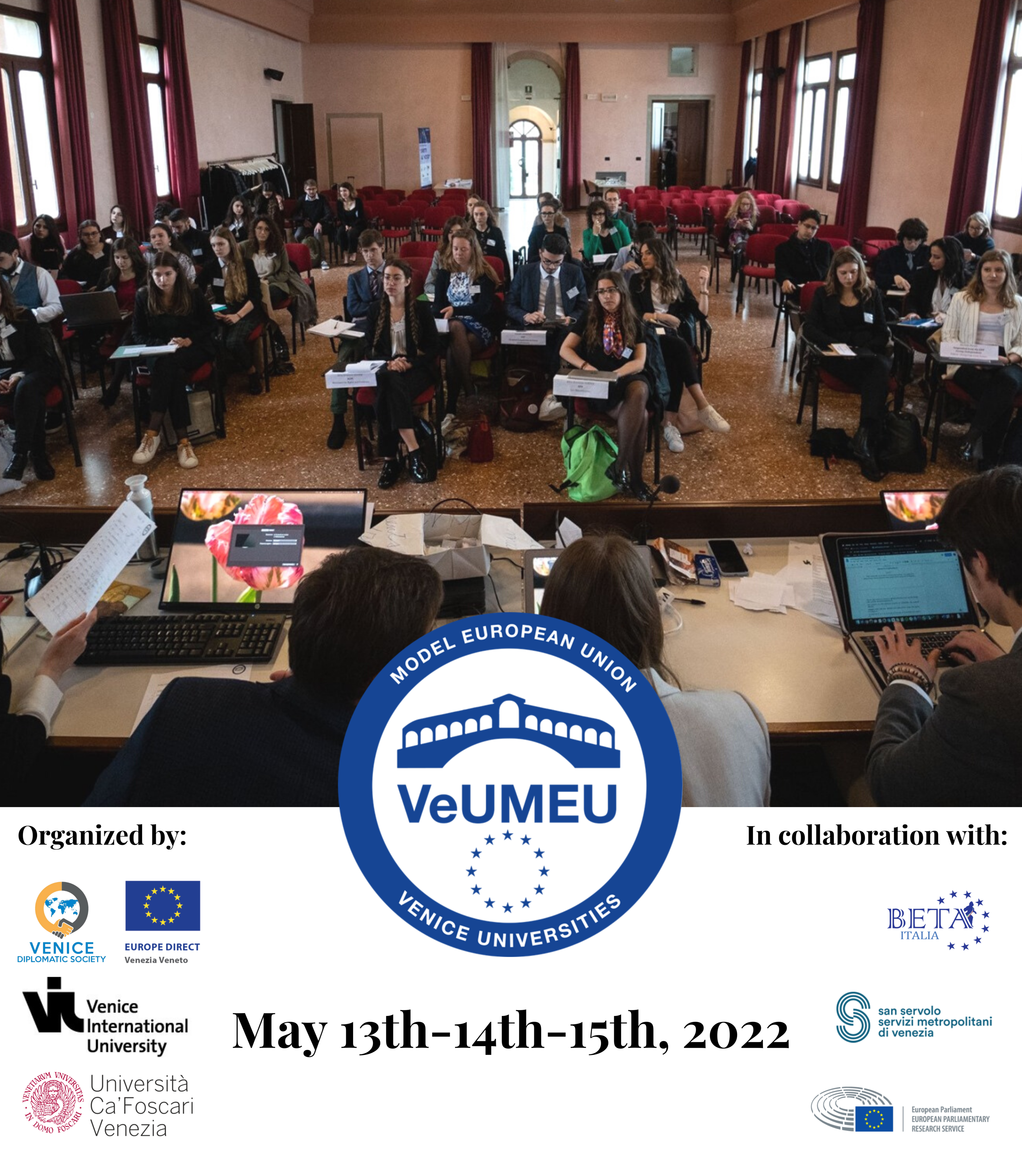
#VeUMEU
FROM FRIDAY 13 TO SUNDAY 15 MAY 2022
Simulation of the European Parliament
VeUMEU Venice Universities' Model European Union
Venice International University di San Servolo Island, Venice
=> The event takes place in presence, in compliance with Covid containement measures <=
From 13 to 15 may 2022 the sixth edition of the VeUMEU Venice Universities' Model European Union, simulation of the European Union legislative procedure. The initiative has been organised thanks to the collaboration with:
- Venice International University,
- Ca' Foscari University of Venice,
- Venice Diplomatic Society
- Europe Direct of the City of Venice,
The VeUMEU has also been supported by the European Parliamentary Research Service (EPRS). Three political analysts will participate in the Veumeu, providing their expert advice and guidance to students during deliberations:
Joanna Apap - Strategic Liaison for Academia and Think Tanks in the Strategy and Coordination Unit, EPRS.
As a simulation of the European Union’s legislative procedure, the participants play the role of members of the European Parliament and the Council of the European Union, following the steps of the ordinary legislative procedure by which European directives and regulations are adopted. A group of students also form the body of journalists, which is in charge of reporting on the developments of the weekend of activity. The Veumeu is an excellent opportunity for students to approach the world of multilateral diplomacy and to hone their negotiating and leadership skills. Students will learn about the functioning of the European legislative process, the rules of procedure, the introduction of amendments and how to draft EU directives and regulations.
For the 2022 edition the Legal Acts that will be adopted in the simulation are:
Artificial Intelligence Act: The proposal for an AI Regulation aims to lay down harmonised rules for the EU (Artificial Intelligence Act) This proposal delivers on the political commitment by President von der Leyen, who announced in her political guidelines for the 2019-2024 Commission “A Union that strives for more” 1 , that the Commission would put forward legislation for a coordinated European approach on the human and ethical implications of AI. The EU’s approach to artificial intelligence centres on excellence and trust, aiming to boost research and industrial capacity and ensure fundamental rights. The European approach to artificial intelligence (AI) will help build a resilient Europe for the Digital Decade where people and businesses can enjoy the benefits of AI. It focuses on 2 areas: excellence in AI and trustworthy AI. The European approach to AI will ensure that any AI improvements are based on rules that safeguard the functioning of markets and the public sector, and people’s safety and fundamental rights. The proposal is based on EU values and fundamental rights and aims to give people and other users the confidence to embrace AI-based solutions, while encouraging businesses to develop them. AI should be a tool for people and be a force for good in society with the ultimate aim of increasing human well-being. Rules for AI available in the Union market or otherwise affecting people in the Union should therefore be human centric, so that people can trust that the technology is used in a way that is safe and compliant with the law, including the respect of fundamental rights. Following the publication of the White Paper, the Commission launched a broad stakeholder consultation, which was met with a great interest by a large number of stakeholders who were largely supportive of regulatory intervention to address the challenges and concerns raised by the increasing use of AI
- Social Climate Fund: The Commission proposed a Regulation of the EP and the Council establishing a Social Climate Fund as part of the revision of the EU emissions trading system (EU ETS) under the Fit for 55 legislative packages, as the European Commission is proposing to extend emissions trading to the building and road transport sectors. Emissions from these sectors will not be covered by the existing EU ETS but by a new, separate emissions trading system. To address any social impacts that arise from this new system,
- To finance temporary direct income support for vulnerable households;
- To support measures and investments that reduce emissions in road transport and buildings sectors and as a result reduce costs for vulnerable households, micro-enterprises and transport users.The new emissions trading system will place a yearly declining cap on emissions from road transport and buildings sectors, within which all allowances will be auctioned.
The size of the Social Climate Fund will correspond to a dedicated share of the revenues from the auctioning of emission allowances under the new system. The Fund should provide funding to Member States to support measures and investments in increased energy efficiency of buildings, decarbonisation of heating and cooling of buildings, including the integration of energy from renewable sources, and granting improved access to zero- and low-emission mobility and transport. These measures and investments need to principally benefit vulnerable households, micro-enterprises or transport users. Pending the impact of those investments on reducing costs and emissions, the Fund will also be able to finance temporary direct income support for vulnerable households. -
Topical Digest on Just Transition Fund
Topical Digest on Review of the EU ETS: "fit for 55" package
Topical Digest on Artificial Intelligence Act
Topical Digest on What if AI took care of traffic as well as driving?
Topical Digest su What if objects around us flocked together and became intelligent?
Topical Digest on AI Repository - Publications
Participants must attend at least 70% of the activities (Veumeu 13-15 May and preparatory workshop), a certificate of attendance will be given.
Personal expenses, such as lunch and various transport costs, are however borne by the participants.
For more information, see the dedicated page on the sites of Venice International University e dell'Università Ca' Foscari di Venezia.

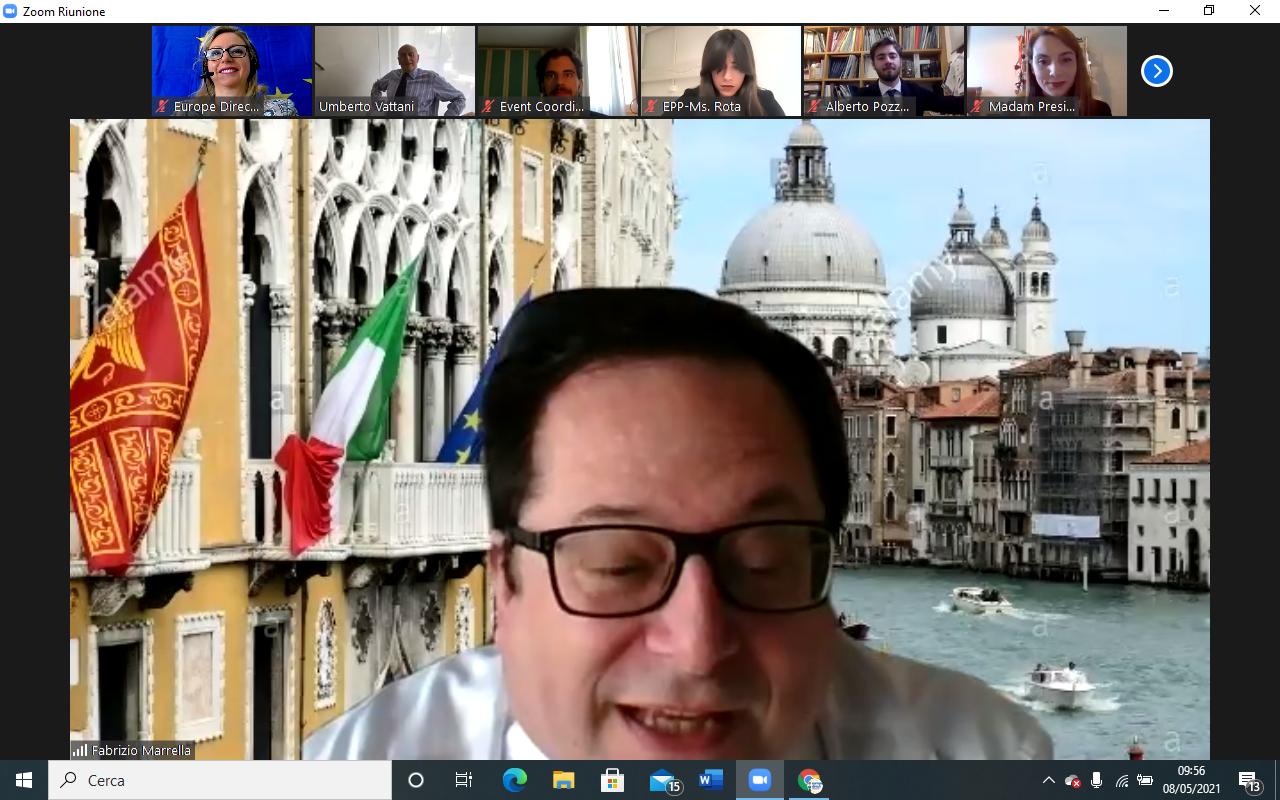
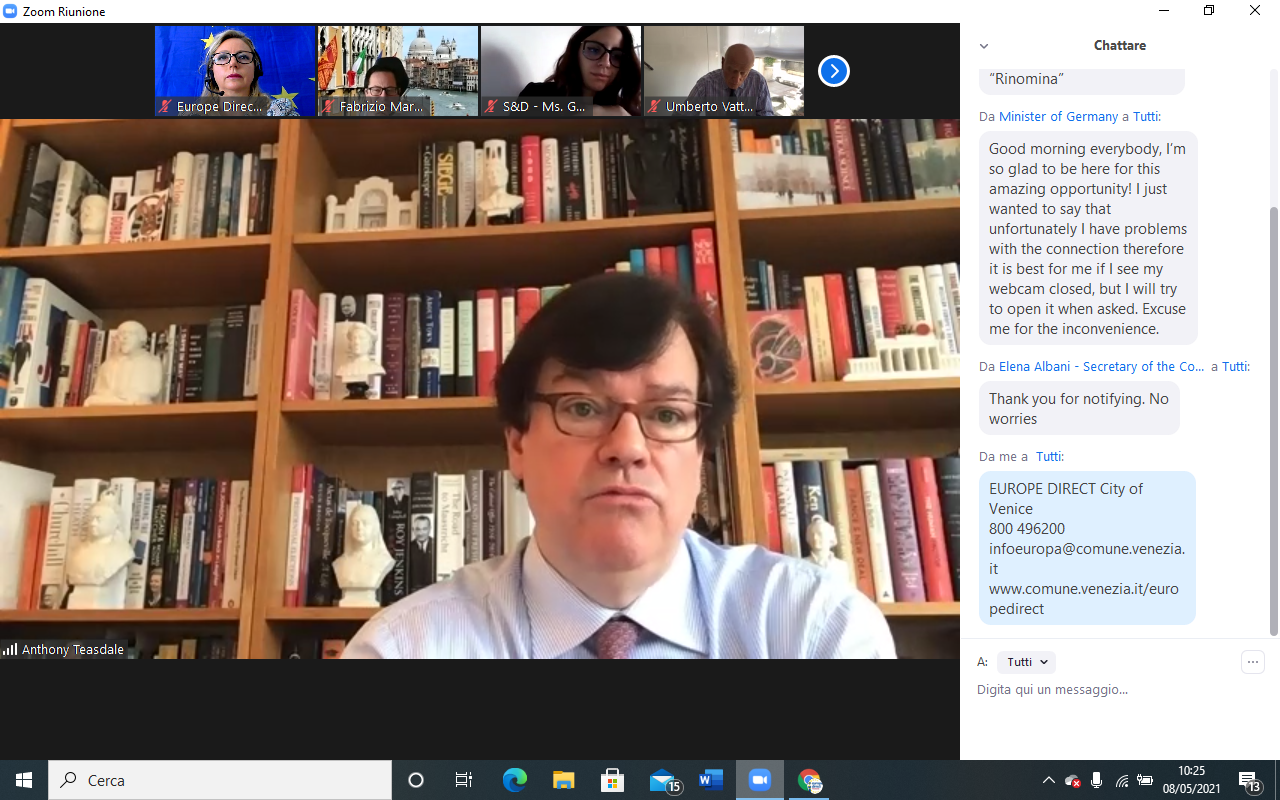

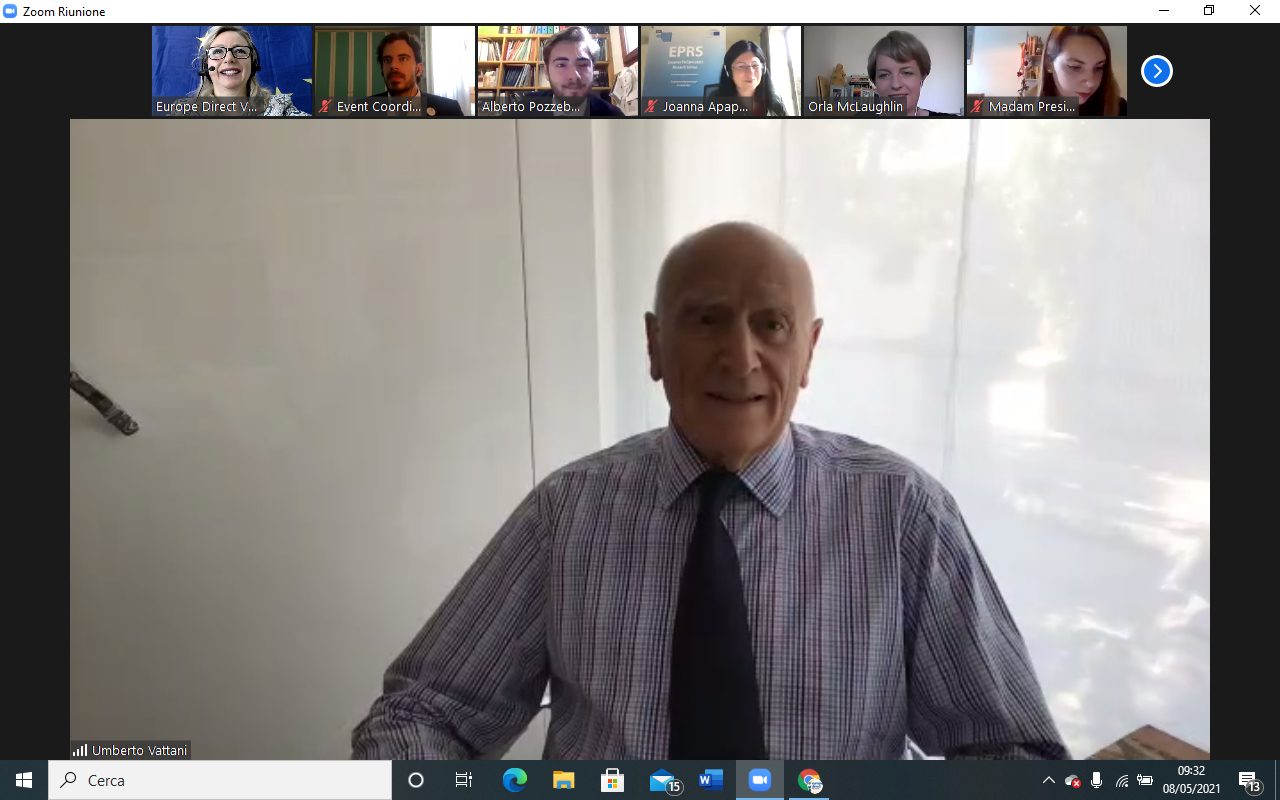

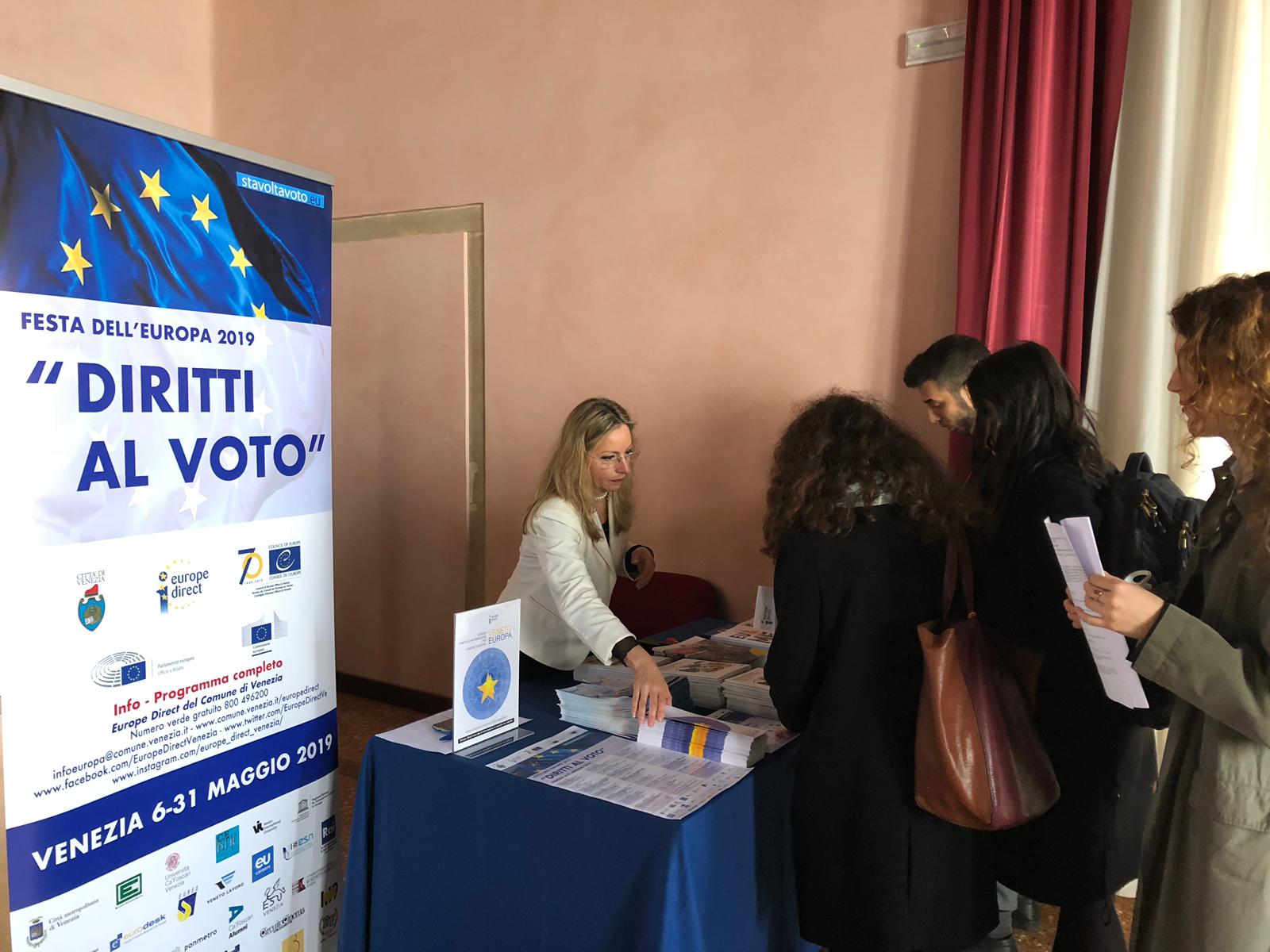
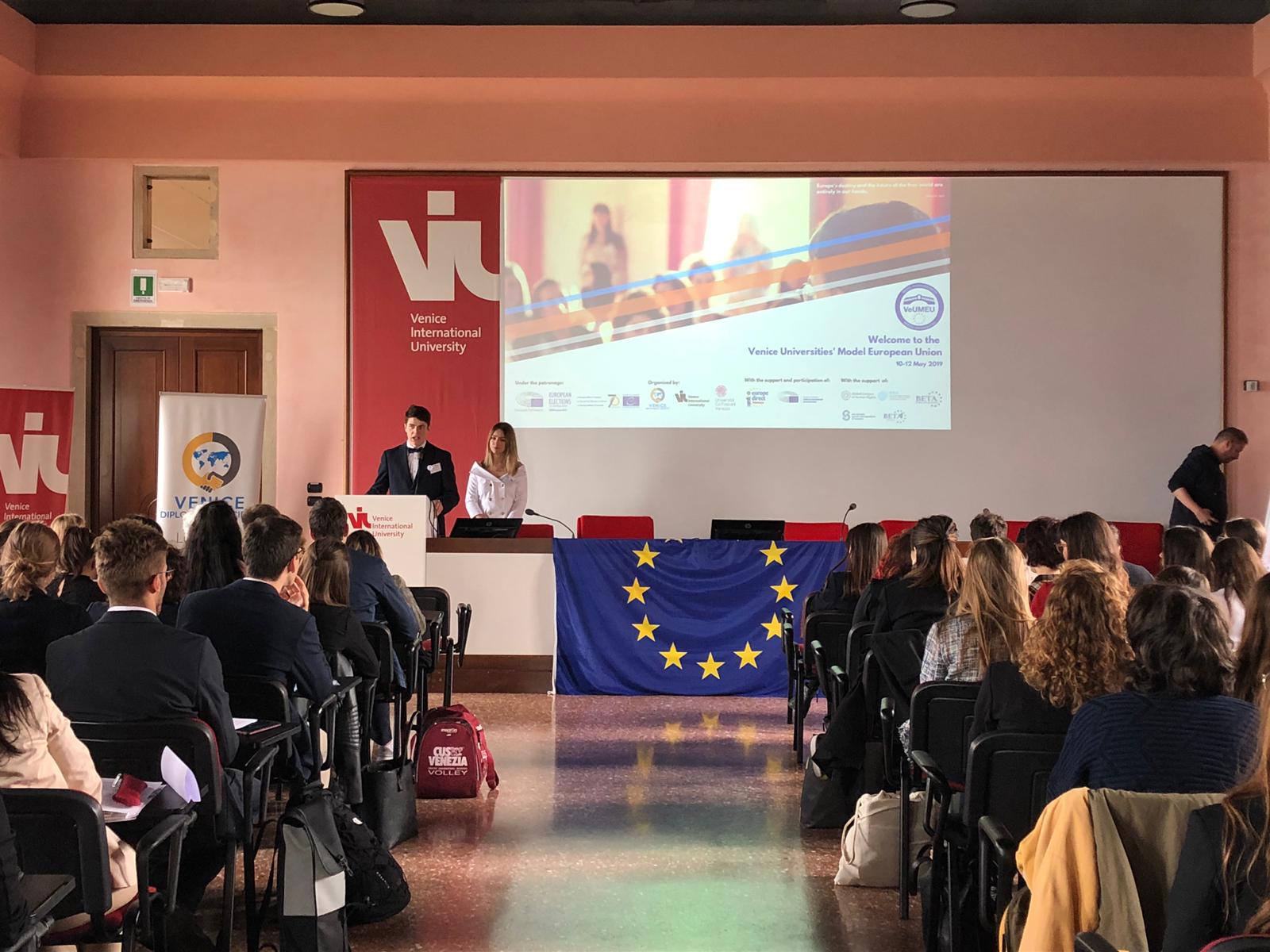
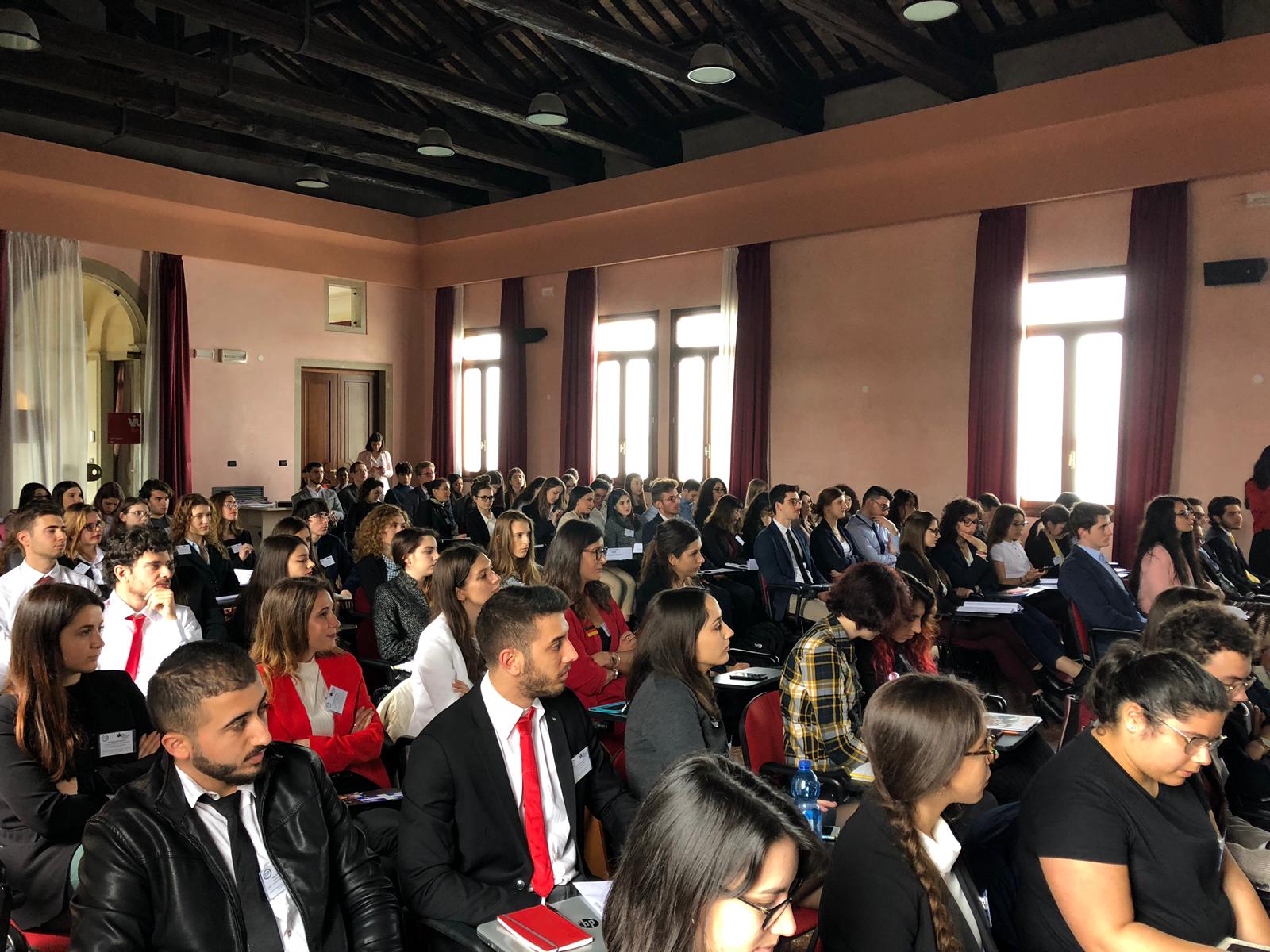
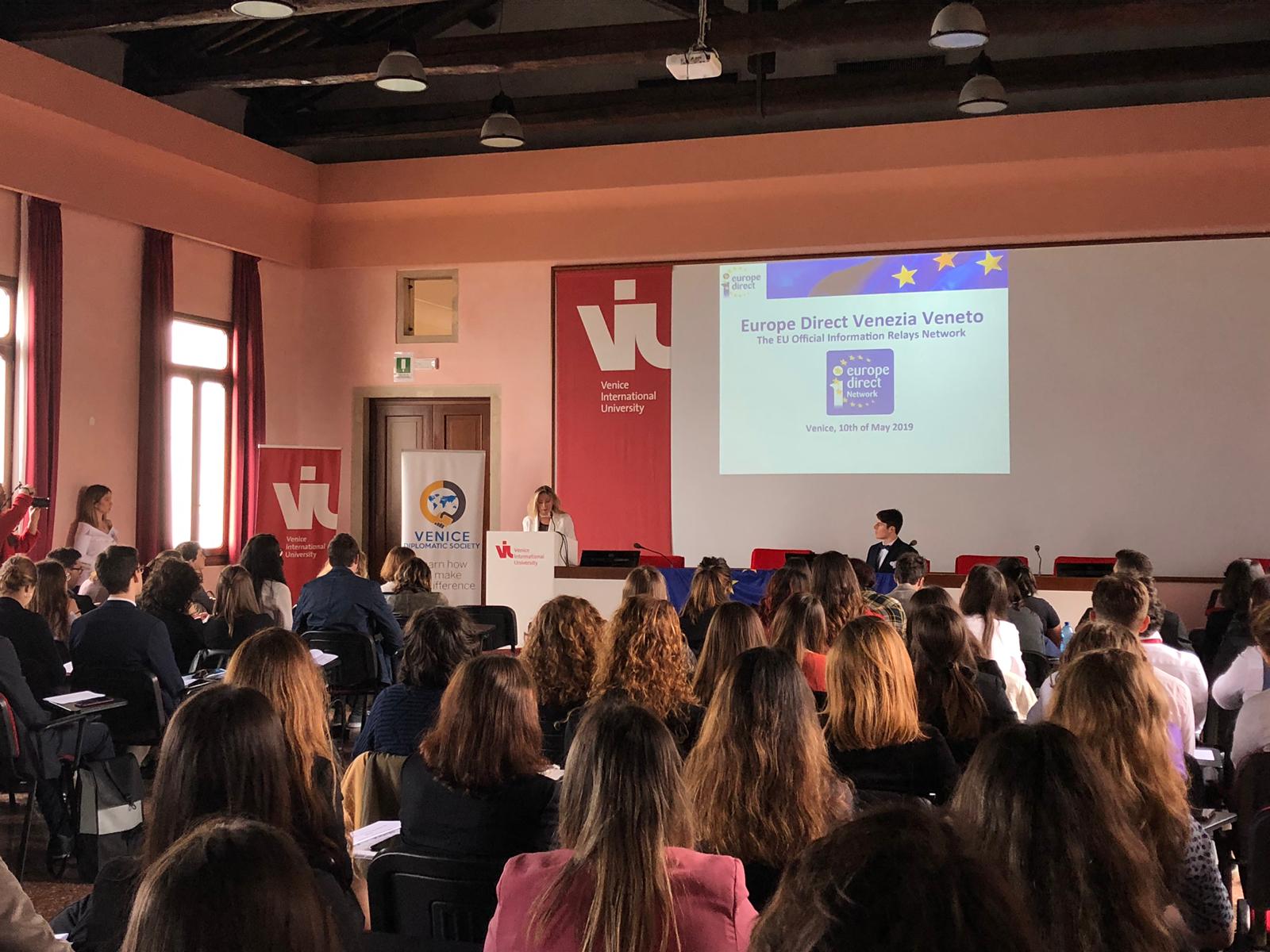
For more information:
VIU website - enice International University
How to reach VIU - Venice International University
Europe Direct del Comune di Venezia
numero verde gratuito 800 496200
E-mail: infoeuropa@comune.venezia.it
www.comune.venezia.it/europedirect
www.facebook.com/EuropeDirectVenezia
www.twitter.com/EuropeDirectVe
www.instagram.com/europe_direct_venezia/
Revisione dei contenuti: 04/04/2022
 Regione Veneto
Regione Veneto

